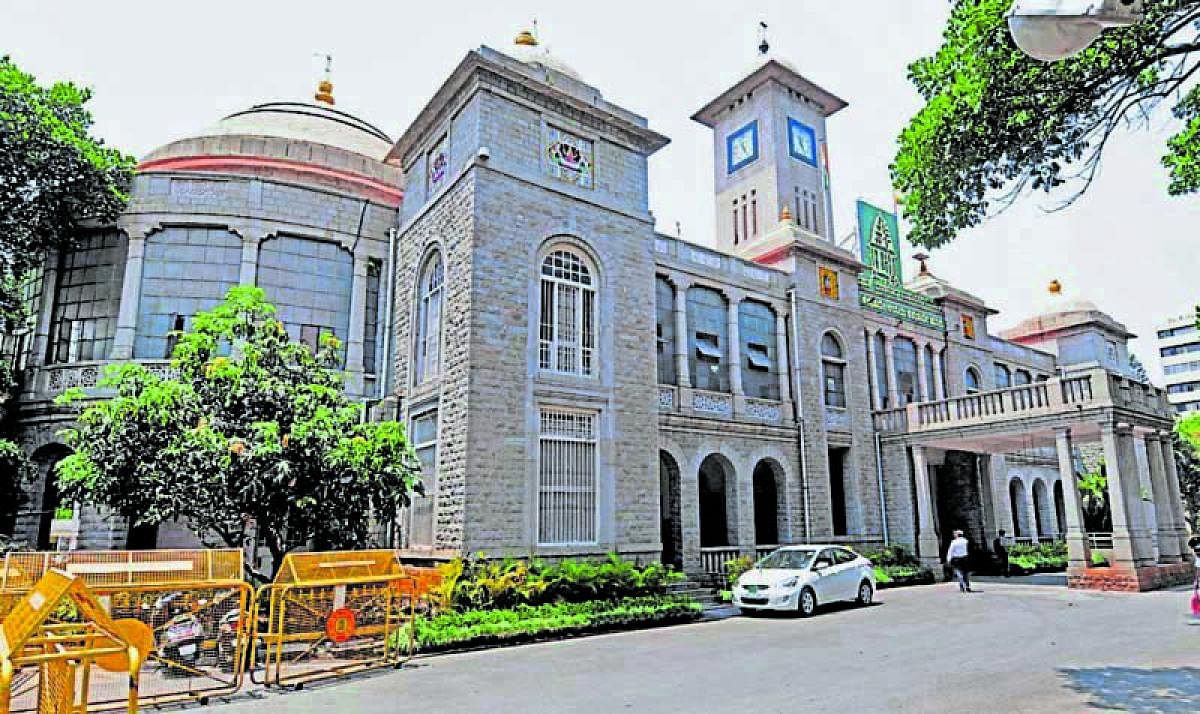
At a time when a new BBMP Bill has been framed on the ground that a huge metropolis like Bengaluru cannot be governed by the Karnataka Municipal Corporations (KMC) Act anymore, the Comptroller and Auditor General of India (CAG) has come out with a timely but scathing report on the poor implementation in Karnataka of democratic decentralisation through the 74th Constitutional Amendment (74th CA) which sought to “usher in democracy at the grassroots level through self-governing local bodies in urban areas”.
It would be good for the Joint Select Committee, which is reviewing the BBMP Bill, to heed the lacunae identified by the CAG and suggest suitable remedies, if Bengaluru, or any other Urban Local Self-Government (ULSG) in Karnataka, is to get a semblance of good decentralized governance.
CIVIC, a non-profit, has been pointing out that we need amendments to the KMC and KM Acts, not a separate Bill only for Bengaluru as improvements are required for all municipalities, given that ULSGs are facing several challenges as well.
The Performance Audit by the CAG criticises the government, stating that though statutory amendments were enacted to comply with the provisions of the 74th CA, they were not implemented in letter and spirit.
The CAG states that all 18 functions to be transferred to cities, as per the 12th Schedule attached to the 74th CA, were mandatory but the state classified functions such as “slum improvements and upgradation” and “poverty alleviation” as discretionary functions. It is amusing to note that full jurisdiction to ULSGs has been devolved in only three out of the 18 functions, namely, burial grounds, cattle pounds and slaughterhouses!
A plethora of parastatals--such as BDA, BWSSB, Karnataka Slum Development Board--or state government departments are still in charge of urban planning, slum development, poverty alleviation, water supply, public health, protection of environment, etc. The new BBMP Bill too does nothing to change this. The Audit says that the government should have amended the Acts governing the parastatals and made them accountable to the ULSGs as otherwise “the raison d’etre of decentralization, viz., accountability to the people” gets undermined.
The power to delimit wards, reserve and rotate seats and posts for the council is vested with the state government, causing delays in conducting elections to ULSGs. Hence, though the term of the last BBMP council would expire in September 2020, the state had not taken up the delimitation process even by January 2020. Thus the SEC had to undergo the mortification of filing a PIL, which resulted in the High Court “cautioning the government regarding the imposition of penalty”. It was only thereafter that the government undertook delimitation and reservation of wards. The second Administrative Reforms Commission had recommended that these tasks should be entrusted to the State Election Commission (SEC). The new BBMP Bill too does not propose to make this change.
The Audit notes that a mayor has only a one-year term and a municipal president a term of two-and-a-half years, which affects effective reforms, long-term continuity in priorities and planning. The Model Municipal Law of 2003 circulated by the Central Ministry of Urban Development, had prescribed that the tenure of the Mayor or President should be coterminous with that of the municipality, that is, five years. Though the new BBMP Bill bats for a five-year term for the Mayor, it makes no change to the colonial relic of vesting executive powers with the Commissioner, with the Mayor being a mere ceremonial head.
The Audit notes that Ward Committees have not been constituted in any of the City Corporations except BBMP, leading to an absence of community participation in the planning and monitoring of works and in ensuring proper utilisation of funds. Despite a HC ruling in this regard, the formation of ward committees in Mangaluru and other cities is yet to happen after 27 years of the 74th CAA.
Ward committees not overseeing “proper utilisation of funds” is the reason for recurring scams in BBMP. Thus projects worth thousands of crores handed over to KRIDL without calling for tenders has escaped the scrutiny of the citizens. The new BBMP Bill, instead of strengthening ward committees, in fact, downgrades them by making their recommendations merely advisory.
The Audit observed that though District Planning Committees (DPCs) and a Metropolitan Planning Committee (MPC) (for Bengaluru area) were formed, neither had the test checked cities coming under the DPCs nor had the MPC prepared their development plans. The new BBMP Bill has not proposed any measures to strengthen planning by the MPC.
There were delays in the constitution and implementation of the recommendations of State Finance Commissions (SFCs) hurting ULSGs’ finances, the CAG stated. There was a shortfall of Rs.15,564 crore in fiscal transfers to cities by the state between 2014 to 2019 due to differences in the interpretation of the recommendations of the SFC. The budget of cities was also prepared on the basis of expected allocation of funds by the state government which resulted in unrealistic budgets as the expected allocations failed to materialise. Thus we have the situation of cities forever lacking funds and also lacking complete autonomy in generating their own revenue to fulfil mandatory functions.
The CAG observed that the state government had overriding powers over ULSGs--it could cancel a resolution or decision taken by ULSGs--which was against the spirit of the 74th CA. Thus, even when the BBMP council passed a resolution that there should be no hoardings in Bengaluru, or that Cubbon Park should be vehicle-free, the state government countered it.
The new BBMP Bill has nothing significant to say regarding the above ills. These deeper issues should be looked into by the government, the KMC and KM Acts suitably amended to benefit all cities, rather than doing a limited exercise of bringing in a new BBMP Bill.
(The writer is Executive Trustee of CIVIC Bangalore)